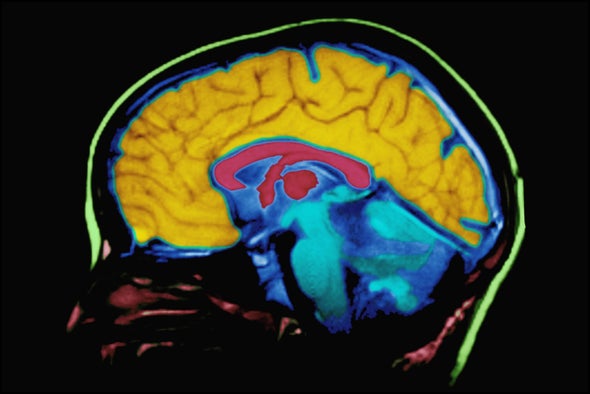This is Scientific American's 60-second Science, I'm Steve Mirsky.
"Clearly, technology is helping us research the brain, but how is the brain responding to technology?"
NYU neuroscientist Alexandra Ochoa Cohen.
"There's been a lot of mostly negative hype around this issue, often referred to as screen time, and how it's ruining all of our lives. And while there've been a few studies that have examined these questions, the truth is that everything we encounter changes our brains. And we just don't have the data right now to say how meaningful these changes actually are."
Cohen spoke March 21st, at the Cooper Union in Manhattan, during a discussion called Our Brain on A.I. (Artificial Intelligence): Who's In Control, Me or the Machine?
"In fact, a recent study examining over 350,000 adolescents found a small but negative association with technology use and well-being, but they also found similar relationships between eating potatoes and wearing eyeglasses and well-being. And yet we don't ask if potatoes and eyeglasses have destroyed a generation."
That study, titled "The association between adolescent well-being and digital technology use," appeared this January in the journal Nature Human Behaviour.

"Part of the issue in studying how technology influences our brain is that there are so many different forms of technology that often all get lumped into one category. So how we use technology, what specific technology we use, and what we use it for will be important variables to define in future research."
"And even as we do more and better research on these topics, the answer is still likely to be that it's complicated. In a way, we're all part of a massive experiment on how technology is influencing our brains, and there will almost certainly be both positive and negative outcomes. So studies that tracking individuals' behavioral and brain development over time will be particularly important. Like the ABCD, or Adolescent Brain and Cognitive Development Study, which is currently following over 10,000 kids for 10 years. And this kind of research will be especially important in helping us to figure out what lasting influences technology has on our brains."
For Scientific American — 60-Second Science. I'm Steve Mirsky.












